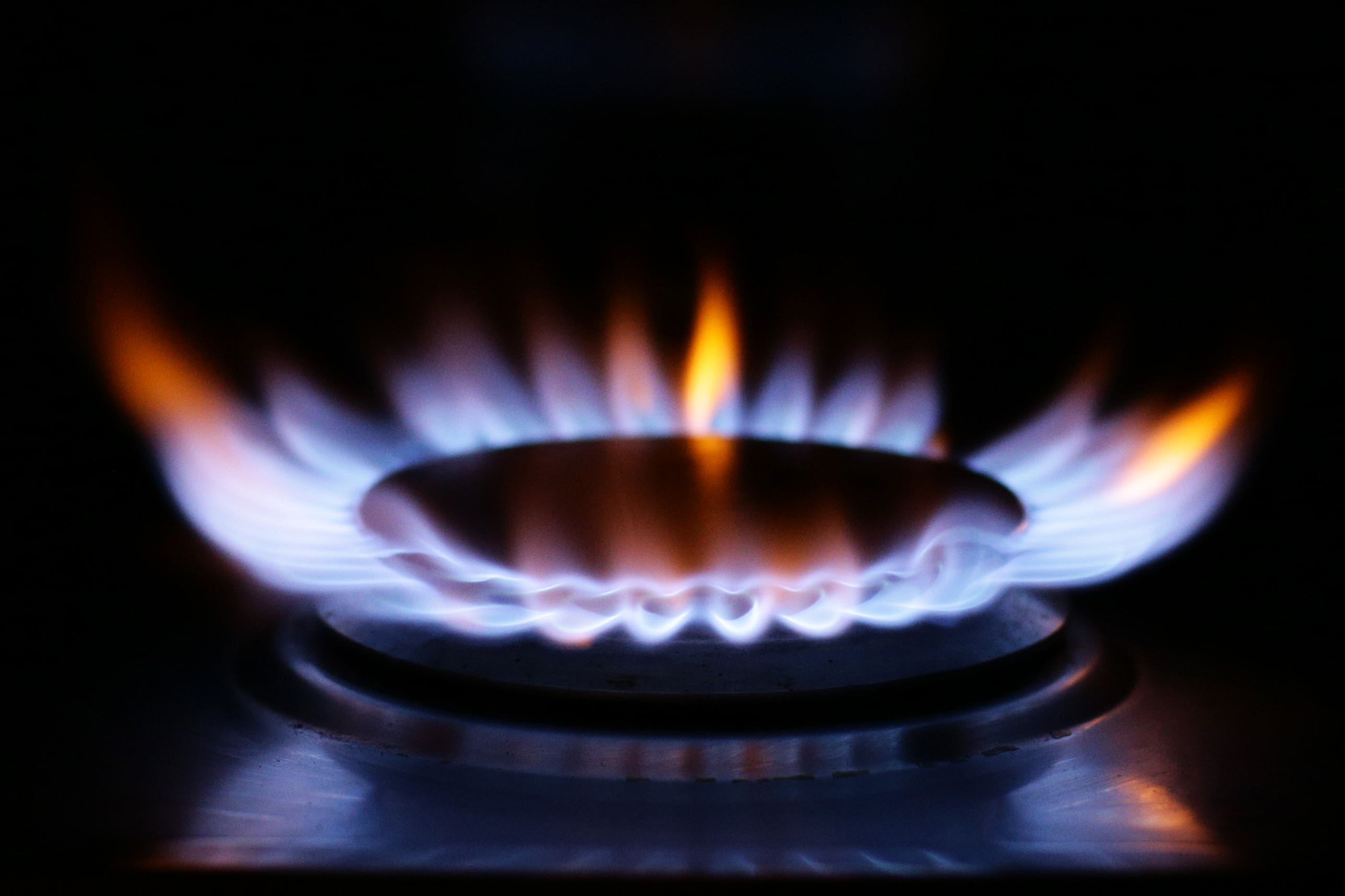
Sky-high energy bills are not a “single winter” problem and could persist up until 2030, an industry expert has warned.
Gas and electricity bills are at record levels and have been exacerbated by Russia’s ongoing war in Ukraine, which shows no sign of ending soon.
Britain’s reliance on gas imports means that the cost of energy is likely to remain high in 2023-24.
And it is “unlikely to return to pre-2021 ‘normality’ this decade,” Dr Matthew Chadwick, lead research analyst at Cornwall Insight, said.
“Gas prices in the UK are projected to continue to be impacted as the country’s heavy reliance on imported gas sees it vulnerable to global rises,” he said.
While the UK imports much less gas from Russia than the EU, the Kremlin’s move to choke off supplies to the bloc during the war drove up the global wholesale price of gas.
The EU and UK have taken steps to reduce oil and gas imports from Russia but it will take years before both are fully independent of Moscow’s fossil fuels.
“Our long-term forecasts indicate gas prices are likely to remain high up until the end of next winter, without some radical change in the buyer-seller relationship between Europe and Russia,” Dr Chadwick added.
“The plausible scenarios are that pipeline flows of Russian gas will be even further reduced on summer 2022.
“[We] will also see gas prices remaining above pre-pandemic levels until at least 2030 as the market takes time to adjust to this change in supply and demand dynamics in Europe.”

In August Cornwall Insight forecast that the average household bill for gas and electricity could rise to more than £5,000 next year.
But the impact of higher prices has been softened in part by financial support provided by the government, in the form of one-off discounts and the Energy Price Guarantee scheme.
The energy price cap is the limit on the maximum amount suppliers can charge a customer for each unit of energy used in England, Scotland and Wales.
It applies to customers on default energy tariffs, regardless of how they pay their bills.
But it is not a limit on the overall cost of bills; the more energy a customer uses the more they pay.
In an update last month, Ofgem put the cap on electricity for a customer paying by direct debit at 67p per kWh and 17p per kWh for gas.
But the government scheme means customers will only pay 34p and 10.3 respectively.
No decisions have been taken on what will happen with the scheme beyond March 2024 but it is understood that the government wants it to end.
Earlier in December the government also launched an energy efficiency campaign calling on the public to use less in order to save on bills.







